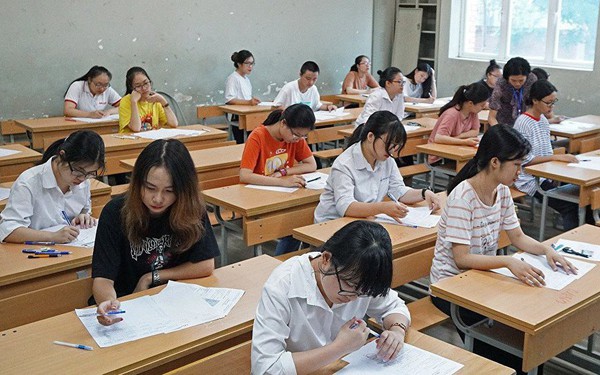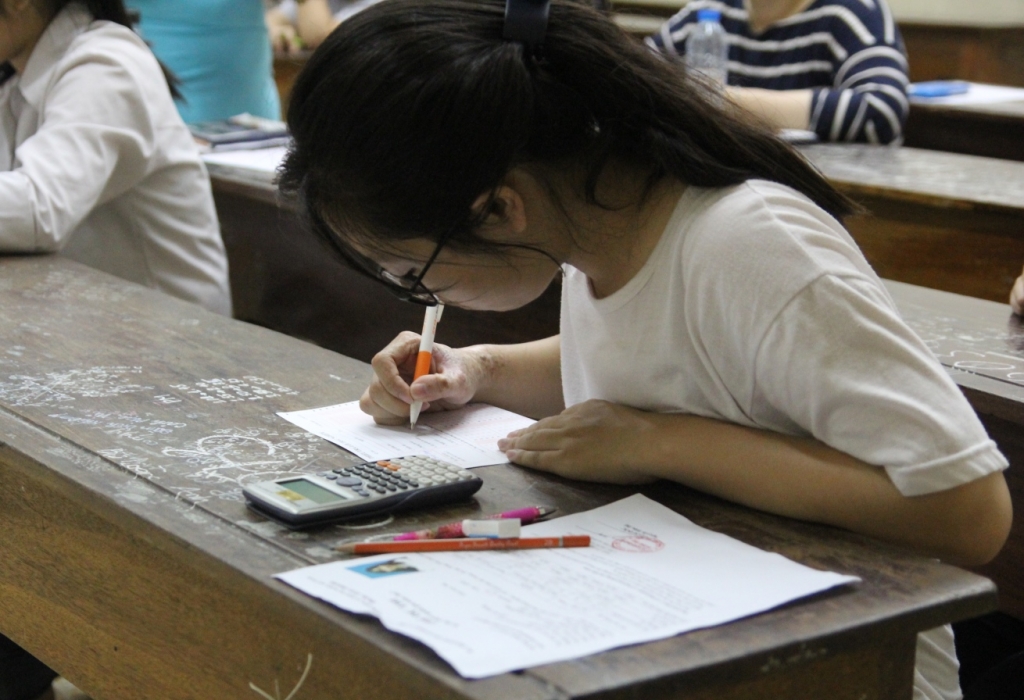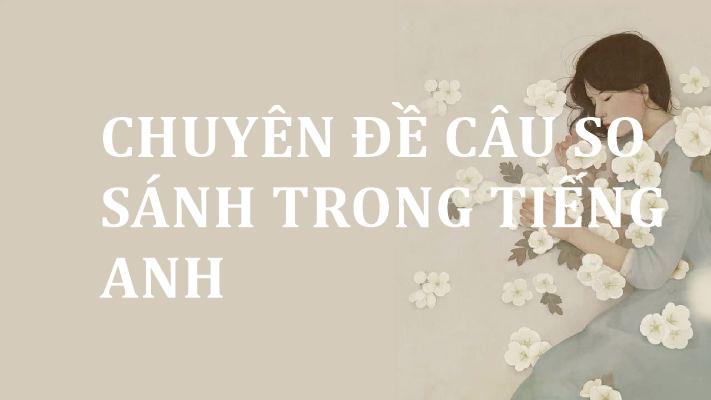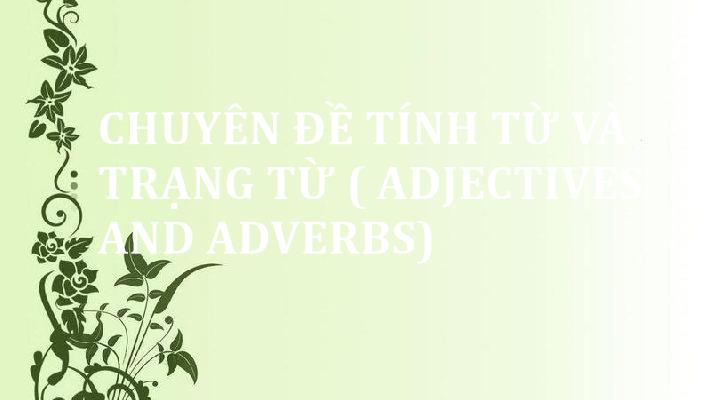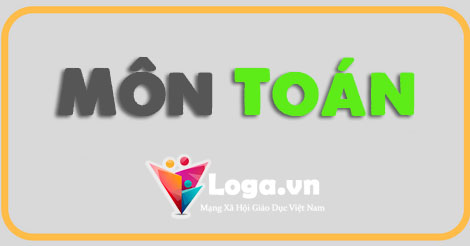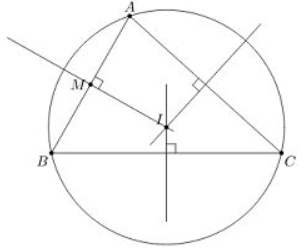MODULE 2
COUNTABLE AND UNCOUNTABLE NOUNS, QUANTIFIERS
(Danh từ đếm được và danh từ không đếm được, từ chỉ số lượng)
- COUNTABLE AND UNCOUNTABLE NOUNS (danh từ đếm được và danh từ không đếm được)
- Danh từ đếm được (countable noun) là danh từ chỉ người, vật, ý niệm,... riêng lẻ có thể đếm được.
Danh từ đếm được có hai hình thức: số ít và số nhiều. Ta có thể dùng mạo từ a/an trước danh từ đếm được số ít và các con số hoặc some, any, many, few trước danh từ đếm được số nhiều.
- Cách thành lập danh từ số nhiều:
- Thêm s vào danh từ số ít.
- Thêm es sau danh từ số ít tận cùng là s,ss,sh,ch,x,z,zz
- Thêm s hoặc es sau danh từ số ít tận cùng là O
- Thêm s nếu trước O là một nguyên âm (u,e,o,a,i), các từ vay mượn của nước ngoài hoặc các từ viết tắt.
Ví dụ: radio => radios
- Thêm es nếu trước O là một phụ âm.
Ví dụ: potato => potatoes
- Một số danh từ có thể có hai hình thức số nhiều.
Ví dụ: buffalo=>buffalos/ buffaloes
- Thêm s hoặc es sau danh từ số ít tận cùng là y
- Thêm s nếu trước y là một nguyên âm
Ví dụ: play =>plays
- Y=> IES nếu trước Y là một phụ âm
Ví dụ: lorry=> lorries
- Một số danh từ số ít tận cùng là f/fe ( calf, half, knife, leaf, life, loaf, self, chef, thief, wifr, wolf, sheaf) về số nhiều sẽ thành ves
Ví dụ: leaf=> leaves
- Thêm s vào các danh từ tận cùng bằng f/fe khác.
Ví dụ: belief=> beliefs
- Một số danh từ có hai hình thức số nhiều.
Ví dụ: dwarf => dwarfs/ dwarves
- Một số danh từ có hình thức số nhiều bất qui tắc.
Ví dụ:
|
child |
children |
|
goose |
geese |
|
man |
men |
|
tooth |
teeth |
|
sheep |
sheep |
|
foot |
feet |
|
ox |
oxen |
|
mouse |
mice |
|
woman |
women |
|
deer |
deer |
- Danh từ không đếm được (uncountable nouns) là danh từ chỉ những khái niệm trừu tượng, chất liệu, chất lỏng, hoặc một tổng thể.
Danh từ không đếm được không có hình thức số nhiều. Không dùng mạo từ a/an hoặc các con số trước danh từ không đếm được.
Ví dụ: sadness, love, rice, oil, niture,...
- QUANTIFIERS (từ chỉ số lượng)
Từ hoặc cụm từ chỉ số lượng trong tiếng Anh được dùng tùy theo danh từ đếm được hay không đếm được.
|
Với danh từ đếm được |
Với danh từ không đếm được |
|
Some/any Many A large number of A great number of Plenty of A lot of/ lots of Few/ a few Every/each Several |
Some/any Much A large amount of A great deal of Plenty of A lot of/ lots of Little/ a little
|
- Some thường được dùng trong câu khẳng định, câu yêu cầu, lời mời hoặc lời đề nghị; any thường được dùng trong câu phủ định và nghi vấn.
- Many, much thường được dùng trong câu phủ định và nghi vấn; a lot of, lots of, a large number/ amount of, a great number/ deal of, plenty of thường được dùng trong câu khẳng định. Tuy nhiên, many/much luôn được dùng trong câu khẳng định có các từ very, too, so, as.
- Few, little chỉ một số lượng rất ít, hầu như không có; a few, a little chỉ một số lượng nhỏ (gần nghĩa với some).
Ví dụ: She had few friends, and was generally not very happy.
BÀI TẬP MINH HỌA
- Peter never feels lonely. He has got_____ friends.
- Much
- So much
- Many
- A great deal of
Đáp án: C
Nghĩa: Peter không bao giờ thấy cô đơn. Anh ấy có rất nhiều bạn bè.
- Mr. Pike lived with his three ______ in the countryside.
- Child
- Childs
- Children
- Childrens
Đáp án: C
Nghĩa: Mr. Pike sống với ba đứa con của ông ấy ở miền quê.
- My mother needs ______ milk to make a cake.
- A
- Some
- Any
- Many
Đáp án: B
Nghĩa: Mẹ của tôi cần một ít sữa để làm bánh.
- How ______ apples are there in the basket?
- Many
- Much
- Some
- Any
Đáp án: A
Nghĩa: Có bao nhiêu quả táo ở trong cái giỏ?
- I would like to buy ______.
- A shoes
- A pair of shoes
- The number of shoes
- A little shoes
Đáp án: B
Nghĩa: Tôi muốn mua một đôi giày.
BÀI TẬP LUYỆN TẬP
- There are not ______ in that classroom.
- Any student
- A lot of student
- A great deal of students
- Many students
- There is not ______ left in my account.
- Some moneys
- A few money
- Much money
- Many money
- People have ______ when they get older.
- Much cells
- Fewer cells
- Few cell
- Plenty of cell
- He still finds time for ______ by cooking candlelit dinners for his girlfriend.
- Several romances
- Romance
- Many romances
- A few romance
- We have ______ left to finish the project.
- No time
- Many time
- A lot of times
- Any time
- It requires ______ reading.
- Few
- A few
- Many
- An amount of
- He hasn’t ______ of passing his exams.
- Much hopes
- Much hope
- Many hope
- Many hopes
- It is important to brush your ______ at least twice a day.
- Teeth
- Teeths
- Tooth
- Tooths
- Not ______ teenagers spend ______ time on reading books.
- Much/many
- Many/much
- Much/much
- Many/many
- We need ______ money to send our son to Oxford University.
- A large sum of
- A few of
- Many
- Lot of
- I often enjoy______ after lunch.
- Chocolates
- Any chocolate
- A sheet of chocolate
- A bar of chocolate
- The crew discovered ________ off coast.
- A school of fishes
- School of fish
- Schools of fish
- Schools of fishes
- He wrote the answer on _______ and threw it to me.
- A pieces of paper
- A piece of paper
- Piece of paper
- Pieces of papers
- They ran up the hill, seeing _______ grazing.
- Herbs of cattles
- Herbs of cattle
- Herb of cattles
- A herb of cattles
- They demolished the old building and ______ are unloaded to build a new one.
- A heap of brick
- Heap of bricks
- Heaps of brick
- Heaps of bricks
- Look! There is a ______ of ducks on the river.
- Flock
- Herb
- Sheet
- Pile
- He sat quietly and followed his ______ of thought.
- Train
- School
- Crowd
- Bar
- It is going to rain. ______ of dark clouds are gathering in the sky.
- Flocks
- Herbs
- Masses
- Crowds
- He went to the supermarket and bought a ______ of soap.
- Cup
- Tree
- Bar
- Sheet
- Her parents gave her a _______ of pearls on her wedding day.
- Piece
- Rope
- Train
- Dune
- I think she was merely looking for _______ .
- Happiness
- Some happiness
- Many happiness
- A few happiness
- _______ an imitation of life.
- Art is often called
- Art are often called
- An amount of arts are often called
- As sum of art is often called
- I am in trouble. Would you mind giving me _______?
- A few advice
- Some advice
- Advices
- Several advices
- They have made _______ before the Games starts next month.
- A lot of preparation
- Lots of preparation
- Lot of preparation
- A lot of preparation
- Do you serve _______ ?
- Some vegetarian dishes
- Many vegetarian dish
- Any vegetarian dishes
- Vegetarian dish
Đáp án:
|
1 |
D |
|
2 |
C |
|
3 |
B |
|
4 |
B |
|
5 |
A |
|
6 |
D |
|
7 |
B |
|
8 |
A |
|
9 |
B |
|
10 |
A |
|
11 |
D |
|
12 |
A |
|
13 |
B |
|
14 |
B |
|
15 |
D |
|
16 |
A |
|
17 |
C |
|
18 |
C |
|
19 |
C |
|
20 |
B |
|
21 |
A |
|
22 |
A |
|
23 |
B |
|
24 |
D |
|
25 |
C |

